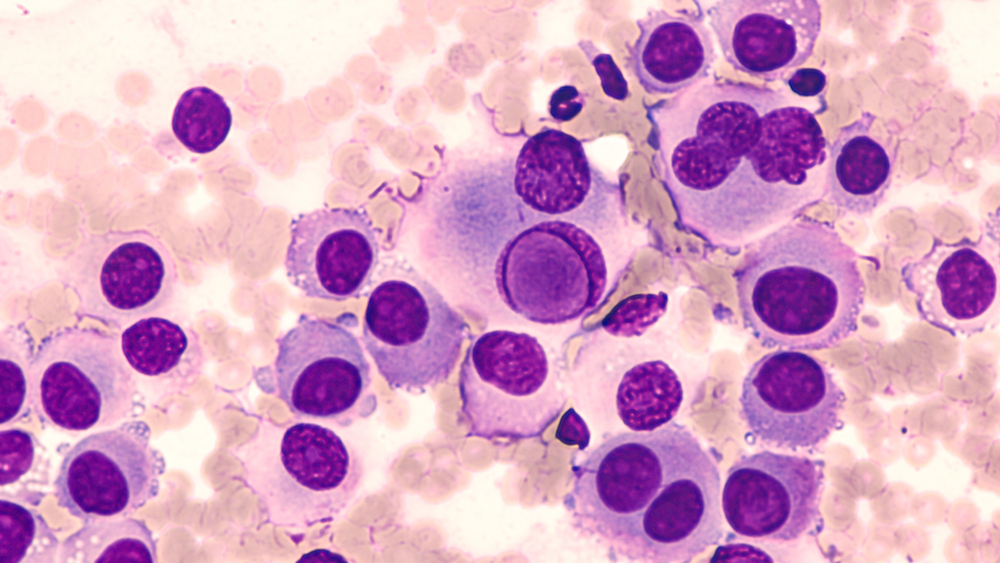
Stopping melanoma from spreading to other parts of the body might be as simple as cutting off the blood supply to the cancer, according to researchers.
Scientists from The University of Queensland’s Diamantina Institute have discovered stem cells which form blood vessels in tumours, and have identified how to ‘switch the cells off’.
Professor Kiarash Khosrotehrani (below) said the study’s findings had enormous implications for cancer patients.
“Blood vessels are vital because tumours can’t grow without them – they feed the tumours and allow the cancer to spread,” Professor Khosrotehrani said.
“If you get rid of these stem cells, then the blood vessels don’t form and the tumours don’t grow or spread to other locations.”
Professor Khosrotehrani said being able to block blood vessel development could be useful in treating recently diagnosed patients as it may help to prevent the cancer from spreading at an early stage.
“This idea has been around for a while, but it has proven difficult to achieve because blood vessel formation is a fundamental mechanism by which our body responds to injury,” he said.
“Directly targeting the stem cells that form these blood vessels is a new approach that could make the difference.”
The research team will test the ability of a compound to stop these stem cells from forming blood vessels, in a study supported by National Health and Medical Research Council (NHMRC) funding.
Researcher Dr. Jatin Patel said melanoma’s ability to quickly spread from the skin to other parts of the body was what made it so deadly.
“We know that before tumours spread to places like lymph nodes or lungs, the body starts growing extra blood vessels in these areas – almost as if preparing special ‘niches’ for the cancer,” Dr. Patel said.
“Our next study will focus on blocking the development of these niches.
“If the body doesn’t prepare them, then the cancer won’t grow there.”
Filed Under: Oncology




